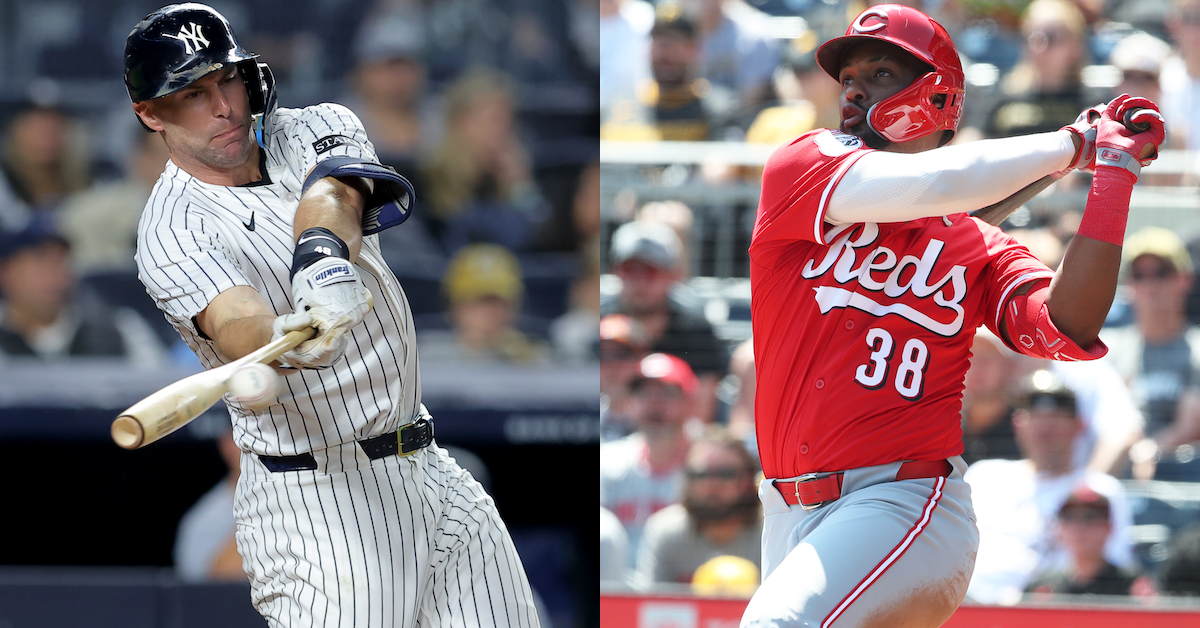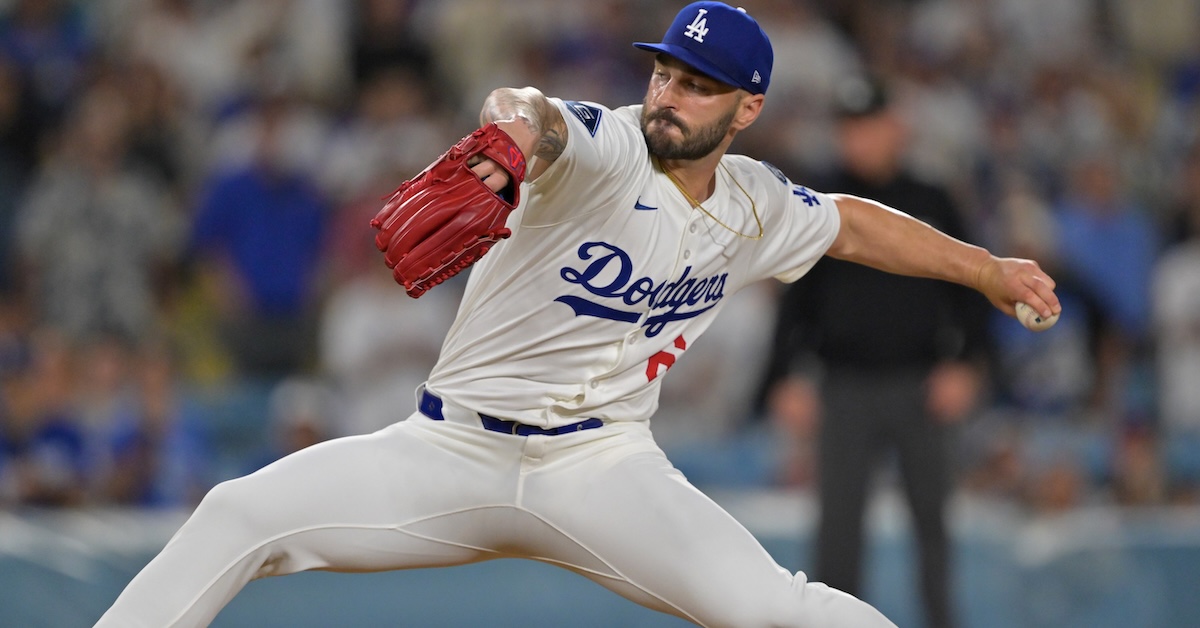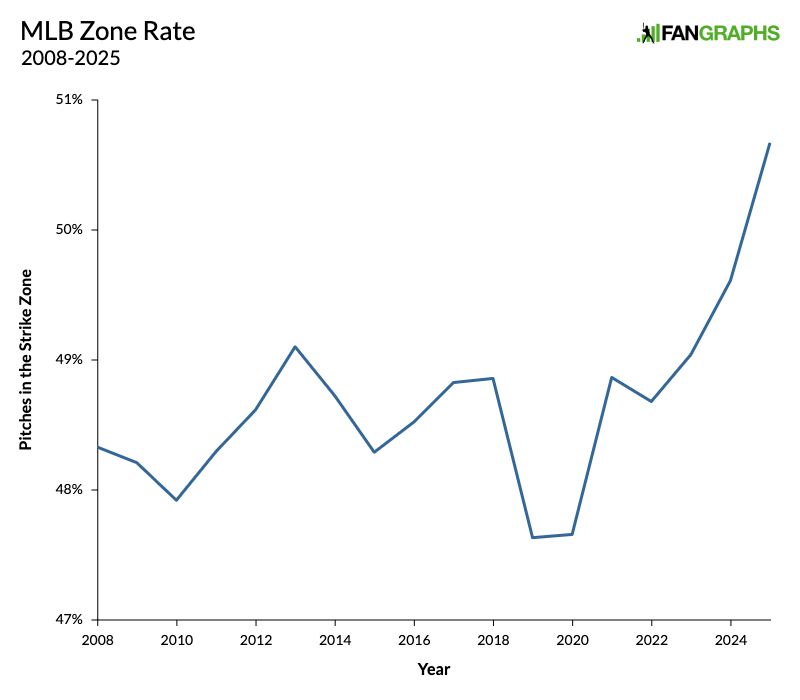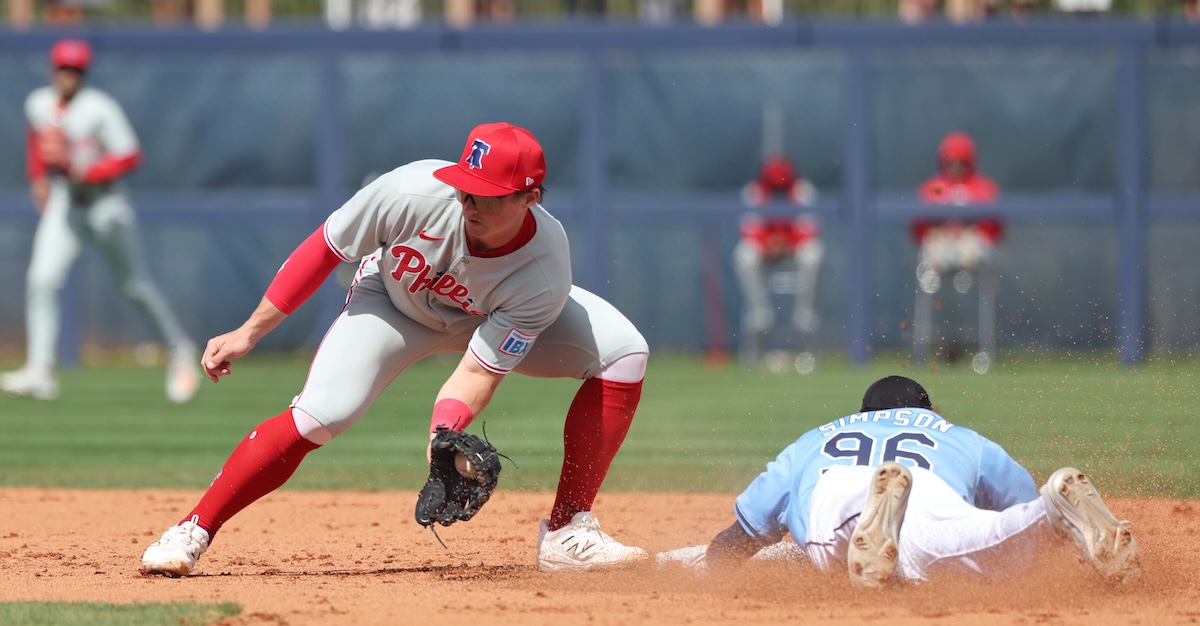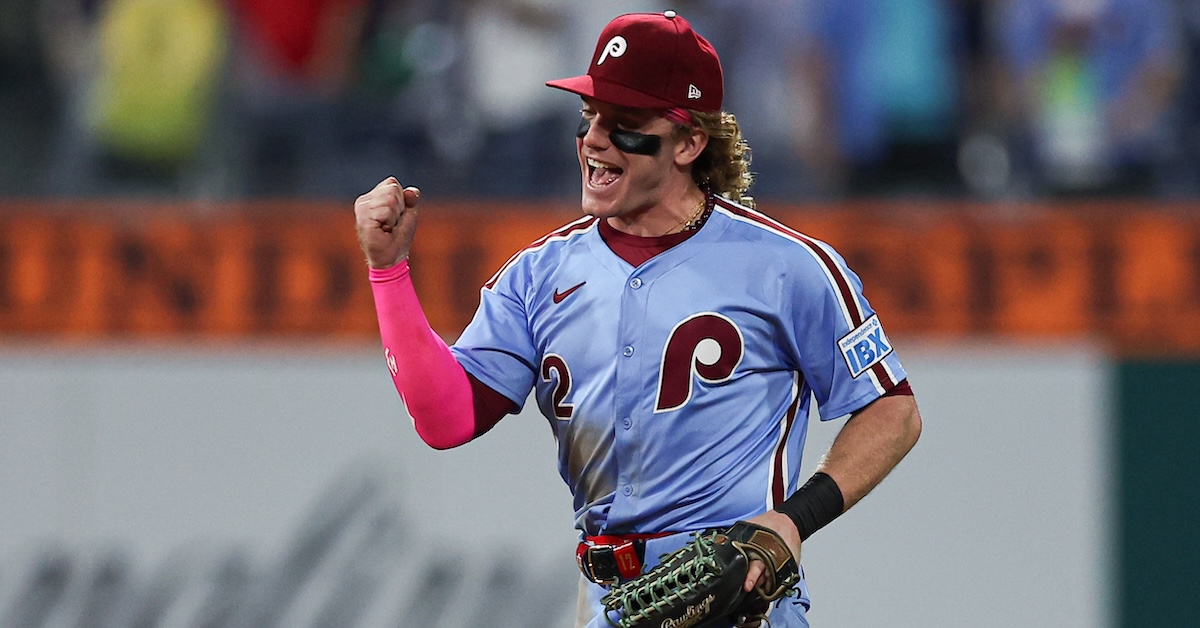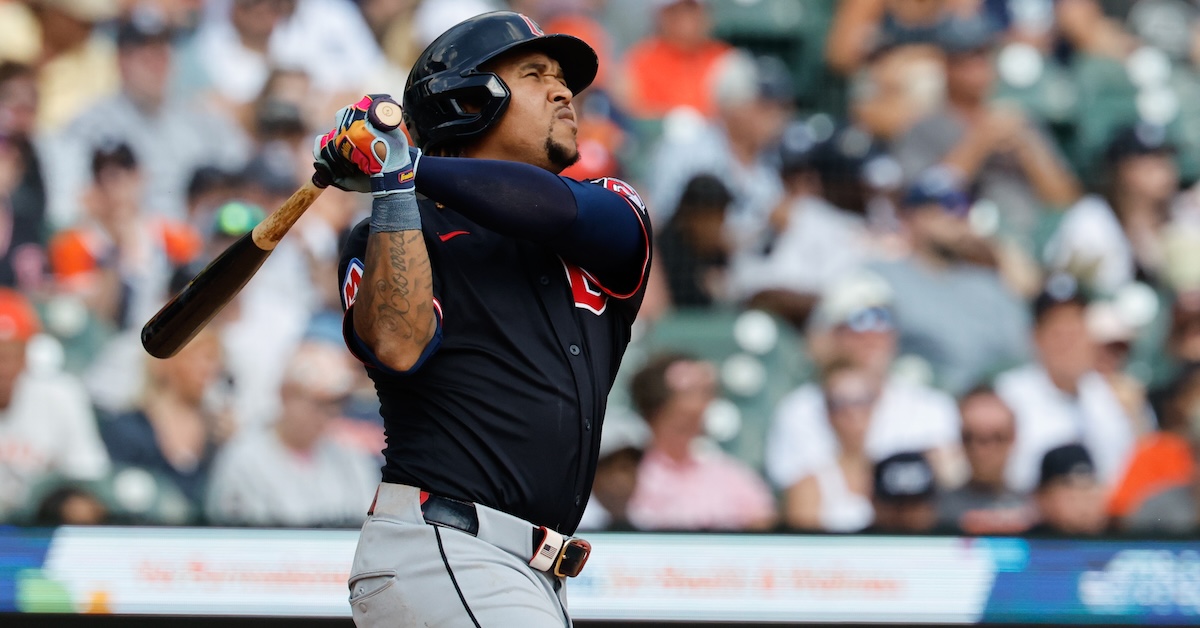We now have all the 2026 projections available on the site. Frequently, we get asked about the differences between the projection systems and how often they’re updated, so here’s a quick primer on what’s what.
Primary Projections
Primary projection systems are generated independently and do not aggregate any of the others.
ZiPS: ZiPS projections are run by Dan Szymborski and have been available on FanGraphs since 2010. ZiPS are updated as needed leading up to the season and updated daily throughout the season. You can read more about ZiPS here.
ZiPS DC: ZiPS DC is exactly the same as ZiPS, except it’s prorated for our RosterResource playing time projections. ZiPS DC playing time is updated daily both leading up to the season and during the season, and the underlying performance projections are updated the same as ZiPS (as needed prior to the season and daily during the season).
Steamer: Steamer projections are run by Jared Cross, Peter Rosenbloom, and Dash Davidson and have been on FanGraphs since 2012. For Members, we also have platoon projections, context neutral projections, and percentile projections. They are all updated daily leading up to the season and during the season.
Steamer600: These are exactly the same as Steamer projections except every position player is prorated to 600 plate appearances (450 for catchers). Starting pitchers are prorated for 200 innings pitched, while relievers are prorated for 65 innings pitched. It’s updated daily leading up to the season and during the season.
THE BAT: Run by Derek Carty, THE BAT projections have been on FanGraphs since 2018. They are updated daily leading up to the season and during the season.
THE BAT X: Also run by Derek Carty, THE BAT X projections are currently for hitters only and are differentiated from THE BAT by including Statcast data. They are updated daily leading up to the season and during the season. You can read more about THE BAT X here.
OOPSY: Run by Jordan Rosenblum, OOPSY debuted on FanGraphs in 2025. Playing time for OOPSY is updated daily leading up to the season and during the season utilizing RosterResource. The underlying performance projections are updated as needed leading up to the season and daily during the season. You can read more about OOPSY here.
Composite Projections
Composite projection systems are an aggregate of primary projection systems. These types of systems tend to do better when tested against actual player performance.
FanGraphs Depth Charts: FanGraphs Depth Charts projections are a 50/50 blend of Steamer and ZiPS prorated to our RosterResource playing time projections. They are updated daily leading up to the season and during the season.
ATC: Compiled by Ariel Cohen and available on FanGraphs since 2017, ATC is a weighted composite of a number of projection systems based on their past performance. ATC is updated weekly leading up to the season. During the season, it’s labeled as ATC DC and uses our RosterResource playing time projections. ATC DC playing time is updated daily, while the underlying performance projections are updated as needed during the season. You can read more about ATC here.
